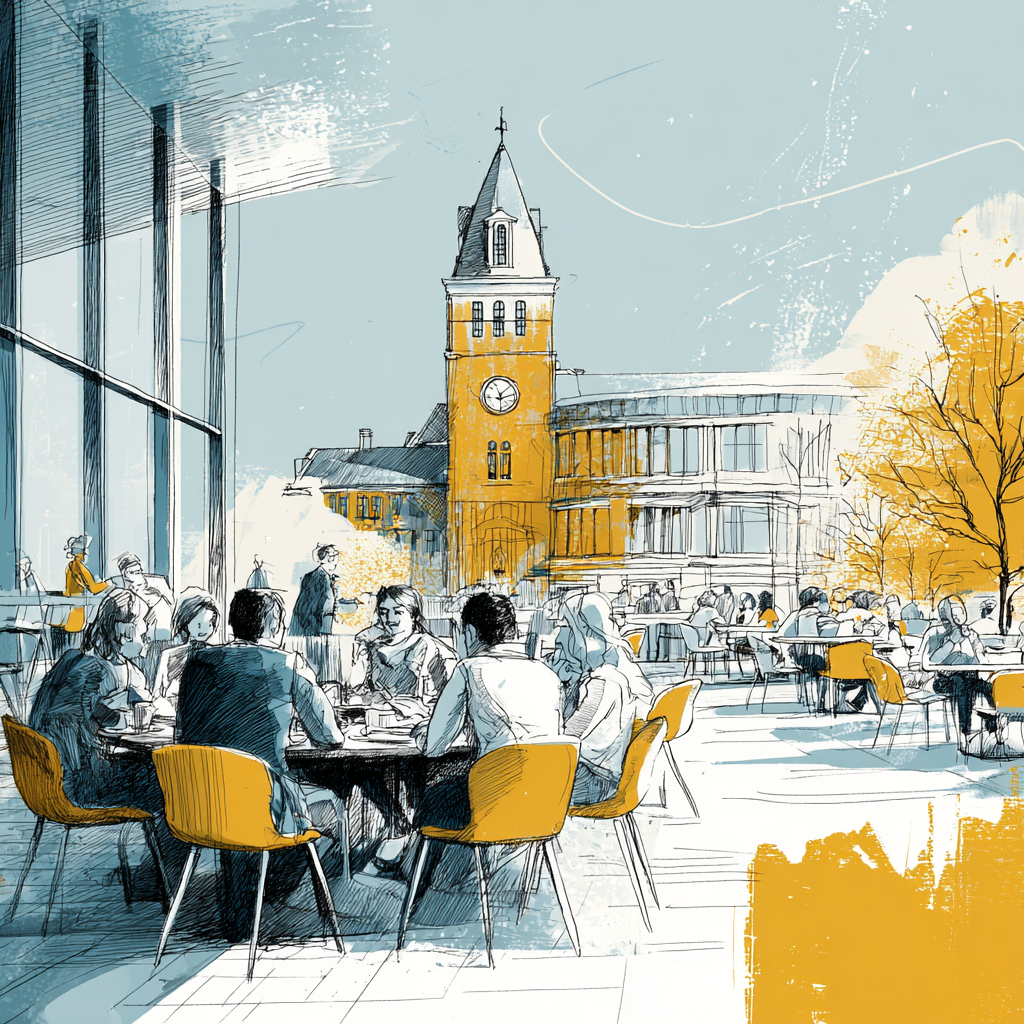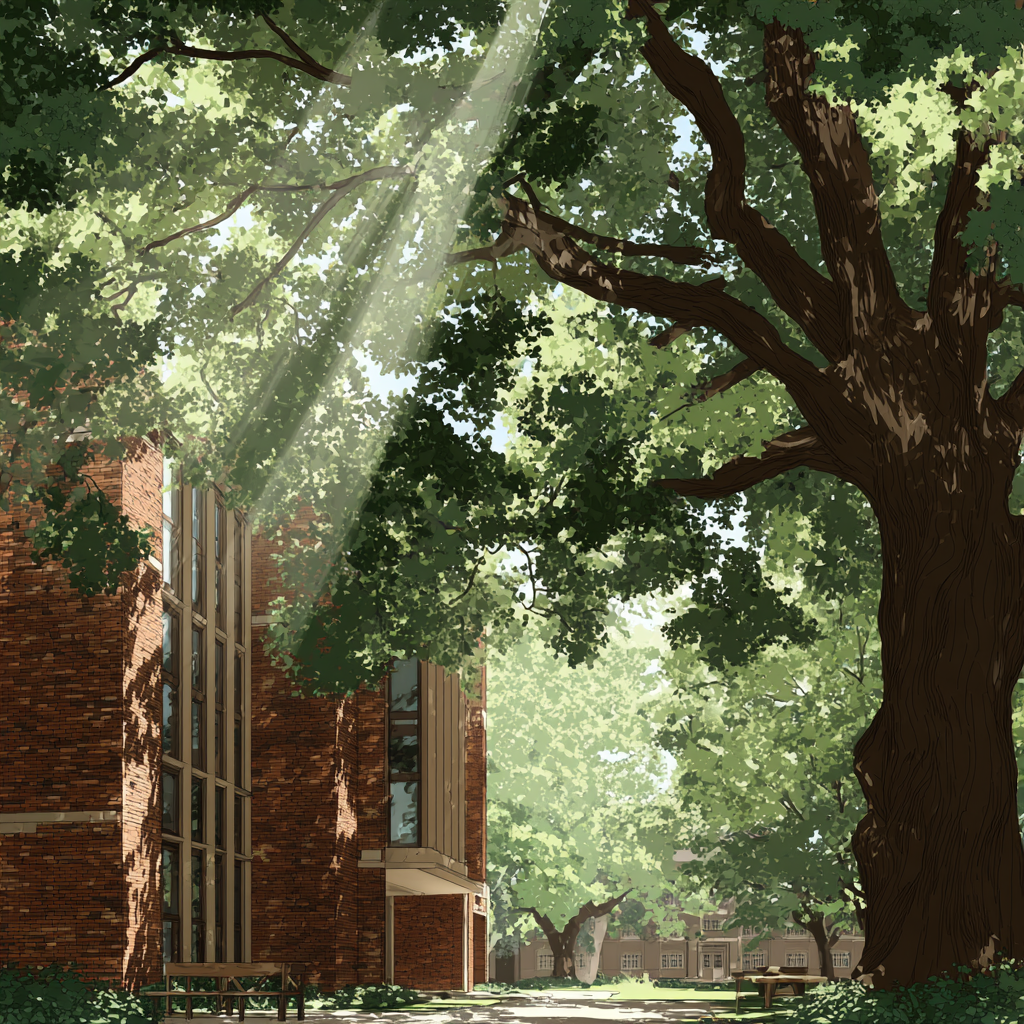Space Management is Having Its Heydey: Why Higher Ed Finally Gets It.
I’ve worked in higher education long enough to remember when space management was seen as a back-office task rather than a strategic one. Facilities...

By Alyson Goff, Senior Director of Insights & Strategy, CampusIQ
For much of my career, I’ve seen a familiar pattern in higher ed. When we face a space challenge, the instinct is often: build more. More labs, more classrooms, more residence halls. Expansion was equated with progress.
But here’s what I’ve learned: not every solution is physical.
Early in my career, I worked closely with campus finance and facilities officers. What I discovered was that inefficiency often wasn’t about lacking square footage. It was about how we managed the space we already had, and the data behind it.
Disconnected systems, siloed reporting, and outdated processes made it hard to understand the true picture. The problem wasn’t always that we needed more space. The problem was that we didn’t have the insight to steward our existing space well.
The pandemic was a wake-up call. Institutions suddenly had to scrutinize every space on campus. Before building new, leaders began asking: Are we actually using what we already have to its fullest potential? I’ve seen that question reshape entire capital planning conversations.
This isn’t just about saving money. It’s about stewardship, trust, and demonstrating that we are making the best possible use of resources before asking for more.
One of my favorite examples comes from the University of Colorado Boulder. Their philosophy is to liberate the data. They don’t just collect information about space. They make it accessible so everyone can use it to make better decisions. That mindset removes politics and guesswork and empowers people to see opportunities that were hidden before.
The truth is, sometimes the best solution to a space problem isn’t a new building. It’s smarter scheduling. It’s better data. It’s challenging old assumptions.
Growth in higher ed doesn’t always mean more construction. Sometimes, it means rethinking what we already have.

I’ve worked in higher education long enough to remember when space management was seen as a back-office task rather than a strategic one. Facilities...

by Alyson Goff, Senior Director of Insights and Strategy